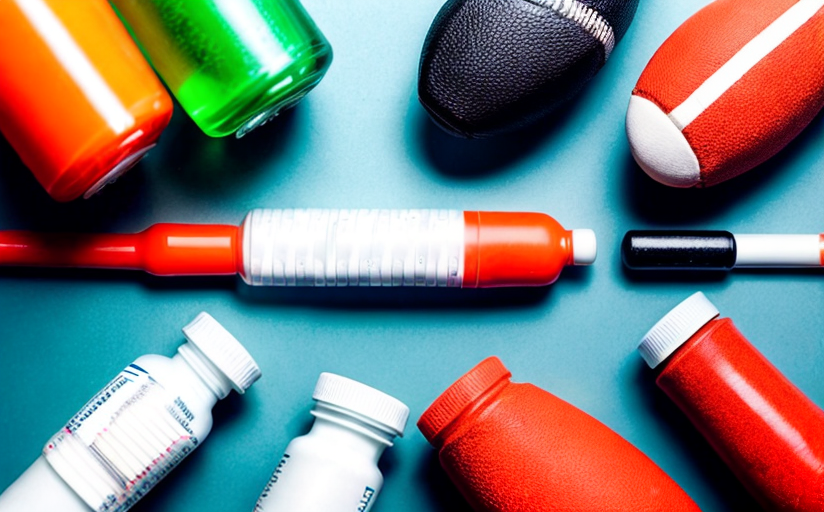Usage of Performance-Enhancing Drugs in Professional Sports
The use of performance-enhancing drugs (PEDs) has become a controversial topic that has caught the attention of people all over the world, particularly those in the sporting fraternity. In the realm of sports, these substances are usually classified as being either legal or banned, leading to a consistent debate over fairness and integrity of the game.
Prevalence of PED Usage
Although difficult to quantify precisely due to the inherent secrecy involved, the usage of PEDs is known to be widespread across numerous sports, including cycling, baseball, football, and track and field. Athletes resort to using these substances in a bid to improve their performance, endurance, physical appearance, and competitive edge, often under the pressure of lofty expectations and the desire to achieve exceptional results.
The Ramifications of PED Usage
The use of PEDs can have severe health and career implications for athletes. Healthwise, depending on the substance used, athletes may face risks such as hormonal imbalance, heart disease, and mental health issues among others. Career-wise, if caught, athletes face not only public shame but also potential bans and loss of endorsements. It also taints the integrity of sports, leaving fans to question the legitimacy of the athlete’s achievements.
The Moral and Ethical Debates
From a moral and ethical perspective, the use of PEDs raises questions about the nature of fairness and competition in sports. Some argue that it creates an unequal playing field, while others maintain that if all athletes had access to these substances, the competition would still be fair. The paradox this presents makes it one of the most debated moral issues in professional sports today.
Actions by Sports Authorities
In response to this issue, sports authorities worldwide, like the World Anti-Doping Agency (WADA), have implemented strict doping regulations and routinely conduct drug tests to curb this behavior. Those found guilty of doping are subjected to serious penalties such as fines, suspensions, or even lifetime bans.
Suggestions for Improvement
To address this problem more effectively, it is crucial to promote a culture of fair game and integrity. This can be achieved through educational programs that focus on the adverse effects of PEDs, stricter testing and sanctions, and a zero-tolerance policy towards PED usage. Also, supporting athletes' mental health and wellbeing, so they do not resort to these substances due to external pressures, is pivotal.
Conclusion
It is evident that the issue of PEDs in professional sports poses significant ethical, health and career risks. The situation calls for rigorous measures from sporting authorities, constant education, and moral vigilance from everyone involved in sports. True sportsmanship lies in winning fairly.



















Comments
Leave a Comment